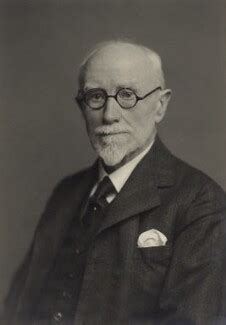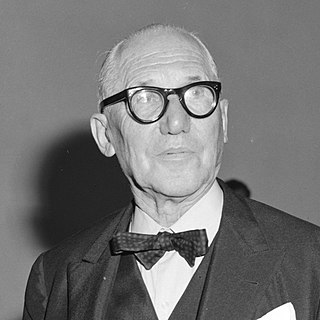A Quote by Grady Booch
Related Quotes
Once you have hierarchy you need rules to protect and administer it, and then you need law and the enforcement of the rules, and you end up with some kind of chain of command or system of order that destroys relationship rather than promotes it. Hierarchy imposes laws and rules and you end up missing the wonder of relationship that we intended for you.
The patterns that are normalized in the family - the whole idea that some people cook and some people eat, that some listen and others talk, and even that some people control others in very economic or even violent ways - that kind of hierarchy is what makes us vulnerable to believing in class hierarchy, to believing in racial hierarchy, and so on.
Purchasing power is a license to purchase power. The old proletariat sold its labour power in order to subsist; what little leisure time it had was passed pleasantly enough in conversations, arguments, drinking, making love, wandering, celebrating and rioting. The new proletarian sells his labour power in order to consume. When he’s not flogging himself to death to get promoted in the labour hierarchy, he’s being persuaded to buy himself objects to distinguish himself in the social hierarchy. The ideology of consumption becomes the consumption of ideology.
Science, in its ultimate ideal, consists of a set of propositions arranged in a hierarchy, the lowest level of the hierarchy being concerned with particular facts, and the highest with some general law, governing everything in the universe. The various levels in the hierarchy have a two-fold logical connection, travelling one up, one down; the upward connection proceeds by induction, the downward by deduction.




































